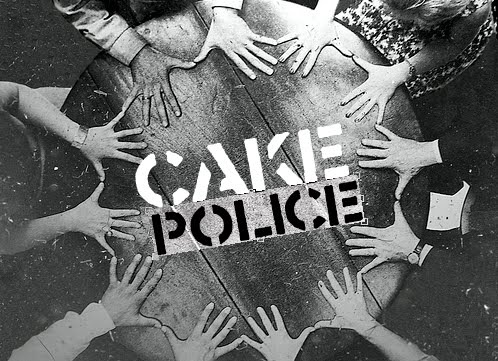My English counterpart Richard Seymour has posted some typically insightful, detailed, and scathing analysis of the U.S. midterm elections on his blog. A few snippets:
"This change in the political composition of the elected chambers as a result of the 2010 mid-terms will be even less significant than the 1994 congressional elections. The GOP's 'surge' will be predicated on, again, just about a fifth of eligible voters. Bear in mind that voter eligibility is, thanks to a racist criminal justice system and voting laws that deprive convicted felons of the right to vote, biased against poor and black voters anyway. But it will be depicted as a populist upsurge against what is perceived to be a tax-and-spend administration with socialist, Muslim, Kenyan anti-colonialist roots. In fact, the Tea Party 'movement' will probably not have had the effect that the commentariat is looking for. It is the result not of 'grassroots' right-wing anger, but of class-conscious business intervention in the political process - particularly by the billionaire Koch brothers. The 'grassroots' that are mobilised tend to be whiter and wealthier than the population at large, and they are heavily dependent on the media to talk up their activities.
"In reality, just as in Massachusetts in January, millions of Democratic voters will not have turned out. Obama and his supporters have relied on a strategy of condescendingly lecturing the base, telling them off for expecting too much, which is grotesque and pathetic. (He saved capitalism, you fools!) His staff, as well, have been known to insult the base, especially progressives, as idiots and morons for being furious over the healthcare sell-out. So, why would grassroots Dems mobilise for an elitist pro-Wall Street clique that treats them like dirt and tells them they should be grateful?"
"If we understand electoral politics as a particular expression of the class struggle in the US, the bizarre trends noted above can be comprehended better. First of all, the obvious. Unlike in much of the world, the United States does not have a party of labour, that is a party created by and rooted in the organised working class. The electoral system is entirely dominated by two pro-business parties. The Democrats have, since the 'New Deal', tended to gain from whatever votes are cast by the working class, and have ruthlessly and jealously guarded that advantage against all potential 'third party' rivals."
"Frances Fox Piven and Richard Cloward argued, in Why Americans Still Don't Vote, that the exclusion of the working class from elections is actively desired by politicians. They suggest that if politicians were interested in crafting a policy mix that would appeal to the poor, the poor would respond, and they would be able to command electoral majorities. Pippa Norris of Harvard University concurs: the evidence suggests that turnout among the working class will increase at elections if there are left and trade union based parties that are capable of mobilising them. But it is again worth stressing that the exclusion of the poor from the electoral system is not wholly voluntary. Thomas E Patterson, in The Vanishing Voter (2009), points out that the electoral system in the US has had a long tradition of seeking to exclude the uneducated and the poor, and Patterson argues that voter registration rules still work to limit the size and composition of the electorate. He notes that the US has a disproportionately high number of non-citizens among its total population (7%), and ineligible adults (10%). Thus, 17% of the total adult population at any given time is legally excluded from voting. The exclusion of so many voters is the result of deliberate projects: in one case to manage labour migration flows to benefit capital (non-citizens cause less trouble than those permitted to naturalise); and in the other case to construct a carceral state that imprisoned more poor and black Americans than ever before. On any given day, 1 in every 32 American adults is directly in the control of the criminal justice system, either through jail, parole, probation or community supervision. This only hints at the wider effects that this behemoth has on American society, but suffice to say that it deprives millions of the right to vote where it would easily make a significant difference to the outcome."
The remainder here.
Monday, November 8, 2010
Subscribe to:
Post Comments (Atom)

Great title!
ReplyDelete